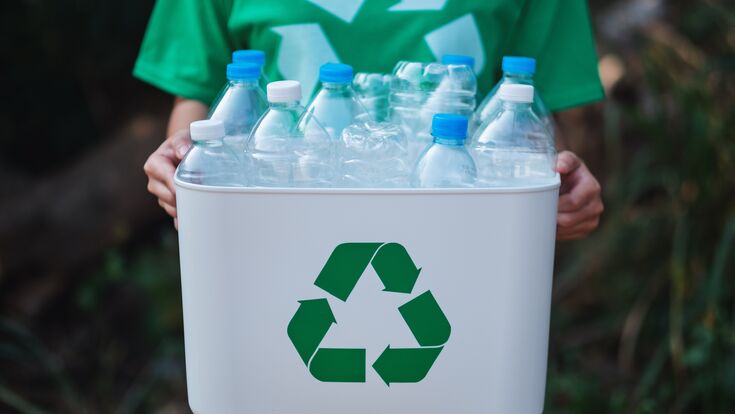Plastic Recycling : Association of Plastic Recyclers report shows strength of US plastic recycling

The report compiles research and analysis from across the $236 billion recycling industry which includes over 9,000 community recycling programs across the country and more than 100 post-consumer recyclers. The report finds that plastic recycling alone is responsible for over 200,000 U.S. jobs.
“APR’s state-of-the-industry report tells the true story of plastic recycling in the United States,” said Steve Alexander, President and CEO of the Association of Plastic Recyclers. “This is an industry that processed almost five billion pounds of post-consumer plastic material in 2020 despite a pandemic and related lockdown, and we have every expectation that number will continue to grow.”
The report presents an important clarification on data provided by the U.S. Environmental Protection Agency (EPA) for the discussion on US recycling rates. The report explains that 80% of rigid plastic packaging is polyethylene terephthalate (PET), high-density polyethylene (HDPE), and polypropylene (PP). These are the types of plastic packaging (such as soda bottles, laundry detergent jugs, and yogurt tubs) that are most used by businesses and available to consumers to put in their blue bins. The report found that 21% of these types of plastic, the type that U.S. consumers touch every day, are recycled based on EPA data.
The report also includes the latest data for PET and HDPE bottles alone - a current recycling rate of 28%. With more supply of recyclable plastic material from consumers, U.S. plastic recyclers could boost PET and HDPE bottle recycling rate – raising the rate to over 40% – with minimal additional investment and using existing processing infrastructure in the U.S.
“Increasing the recycling rate is important because demand for recycled material, a key driver of the recycling chain, is stronger than ever, spurred by a variety of factors including brand sustainability commitments and legislative activity,” added Alexander.
Need to grow recycling
The report concludes that meeting that high demand and continuing to sustain and grow recycling will require three steps:
- companies to manufacture plastic products and packaging that are compatible with recycling,
- consumers to put recyclable material in the bin and
- a robust recycling infrastructure to collect, sort and process that material.
The report provides policy recommendations including:
- ensure that all new products and packaging are made to be compatible with recycling;
- increase and strengthen community recycling programs and create harmonization among the types of plastic that are collected in those programs;
- and encourage the consideration of the true cost of disposal and the low costs to landfill.
“This report shows that, while there is still work to be done, plastic recycling can succeed,” Alexander added. “Consumers want recycling to work, and recyclers are ready to process more material. Our industry is innovative and resilient. It is time to recommit to plastic recycling for our communities, for our environment, and for our future.”

